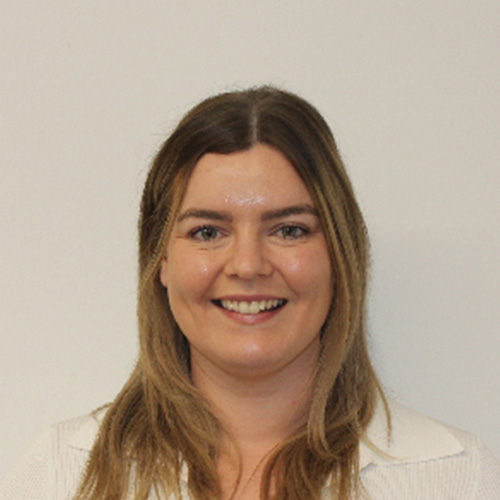Search

People
Daniel McDonoughDaniel McDonough is a Research Assistant in the Adolescent Health and Wellbeing team at The Kids Research Institute Australia.




People
Herieth MboyaHerieth leverages analytics, medical and research skills to prepare input data for geospatial analyses, conduct analyses, and generate insights for MAP Dar.

People
Holly MossHolly Moss is a research assistant on the Youth Mental Health team at The Kids Research Institute Australia.


People
Josephine MalingaJosephine is a Senior Research Fellow within the Global Disease Modelling team, specializing in quantitative and qualitative evidence generation using epidemiological, statistical, and mathematical modelling methods.

People
Katherine MurfittKatherine Murfitt (she/her) is a Clinical Psychologist and PhD Candidate committed to improving mental health accessibility for LGBTQ+ individuals.

